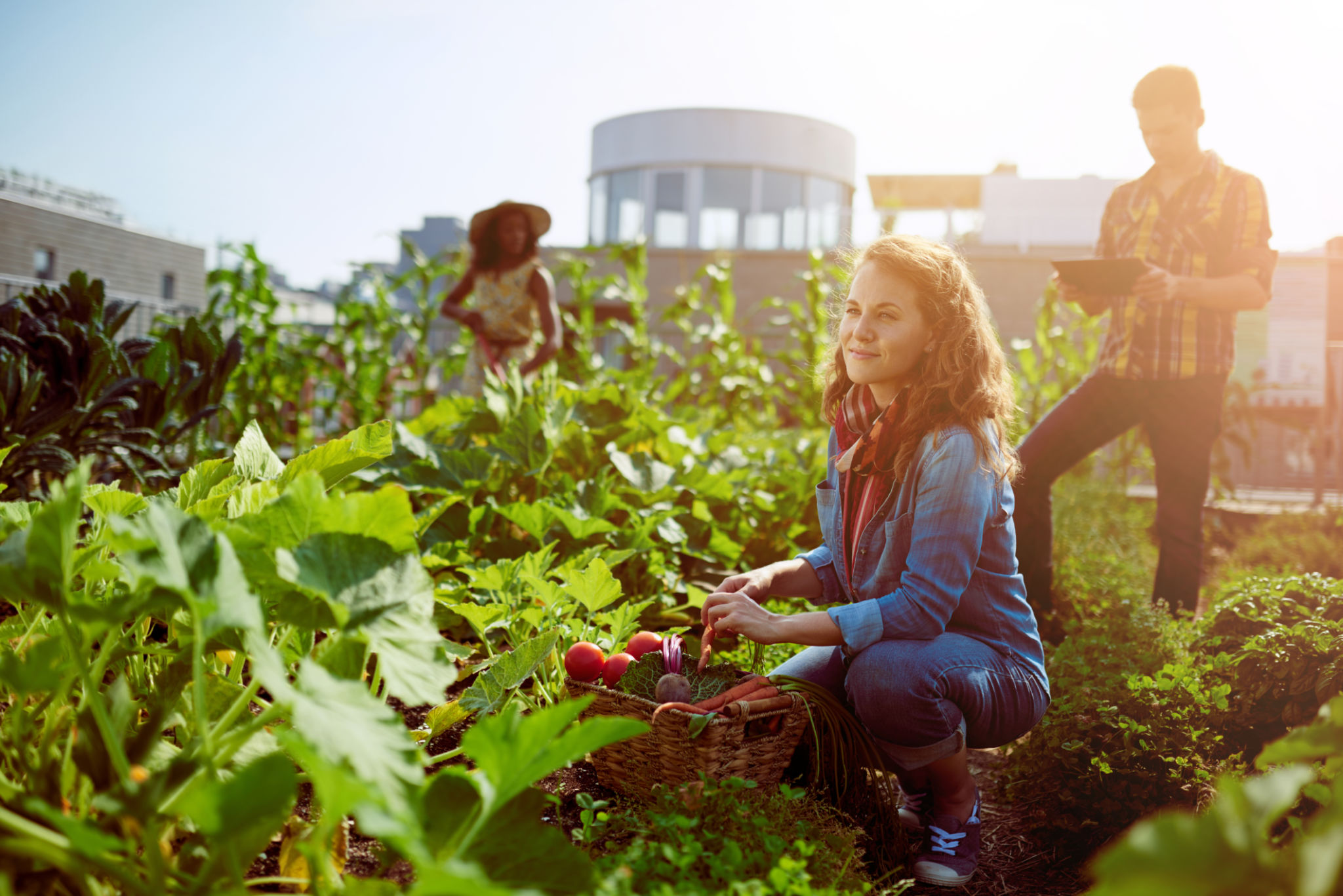Comprehensive Guide to Ocala Sustainable Farming: Building a Greener Future
Understanding the Basics of Sustainable Farming
Sustainable farming is a holistic approach to agriculture that seeks to balance the needs of the environment, society, and economics. In Ocala, this practice is gaining traction as farmers strive to reduce their environmental impact while maintaining productivity and profitability. The goal is to create systems that are environmentally sound, economically viable, and socially just.
Key Principles of Sustainable Farming
There are several key principles that guide sustainable farming practices. These include preserving biodiversity, maintaining soil health, conserving water, and reducing chemical usage. By implementing these practices, Ocala farmers can contribute to a healthier planet while ensuring their farms remain productive for future generations.

Soil Management Techniques
Healthy soil is the foundation of sustainable farming. In Ocala, farmers use a variety of techniques to maintain and improve soil quality. Some of these methods include:
- Crop Rotation: Rotating crops helps prevent soil depletion and reduces pest and disease buildup.
- Cover Cropping: Planting cover crops during off-seasons protects soil from erosion and enhances nutrient content.
- Composting: Adding organic matter to the soil improves fertility and structure.

Water Conservation Strategies
Water is a precious resource in farming, and sustainable practices in Ocala focus on using it efficiently. Farmers employ several strategies to conserve water, including:
- Drip Irrigation: This method delivers water directly to plant roots, minimizing waste and evaporation.
- Rainwater Harvesting: Collecting rainwater for irrigation helps reduce dependency on external water sources.
- Mulching: Applying mulch retains soil moisture and reduces evaporation.
The Role of Technology in Water Management
Advanced technologies such as soil moisture sensors and automated irrigation systems are increasingly being adopted in Ocala. These tools help farmers monitor water levels and optimize irrigation schedules, ensuring efficient water use.

Biodiversity and Ecosystem Health
Sustainable farming in Ocala also emphasizes the importance of biodiversity. By fostering diverse ecosystems on farms, farmers can enhance natural pest control, pollination, and soil fertility. Practices such as planting hedgerows and maintaining natural habitats support wildlife and promote ecological balance.
Integrating Livestock for Sustainability
Integrating livestock into farming systems is another sustainable practice gaining popularity in Ocala. Livestock can contribute to soil fertility through manure, help control weeds, and offer an additional revenue stream. However, it is crucial to manage livestock sustainably to prevent overgrazing and land degradation.

The Economic Benefits of Sustainable Farming
Sustainable farming isn't just good for the environment; it also offers economic benefits. Farmers in Ocala who adopt these practices often see reduced input costs due to lower reliance on chemical fertilizers and pesticides. Additionally, sustainable farms can tap into growing markets for organic and locally-sourced products, providing new revenue opportunities.
Community Engagement and Education
Building a greener future through sustainable farming also involves engaging the community. Educational programs and workshops can raise awareness about the benefits of sustainable practices and encourage more people to participate in the movement. By fostering a community that values sustainability, Ocala can continue to thrive as a model for environmentally responsible agriculture.
